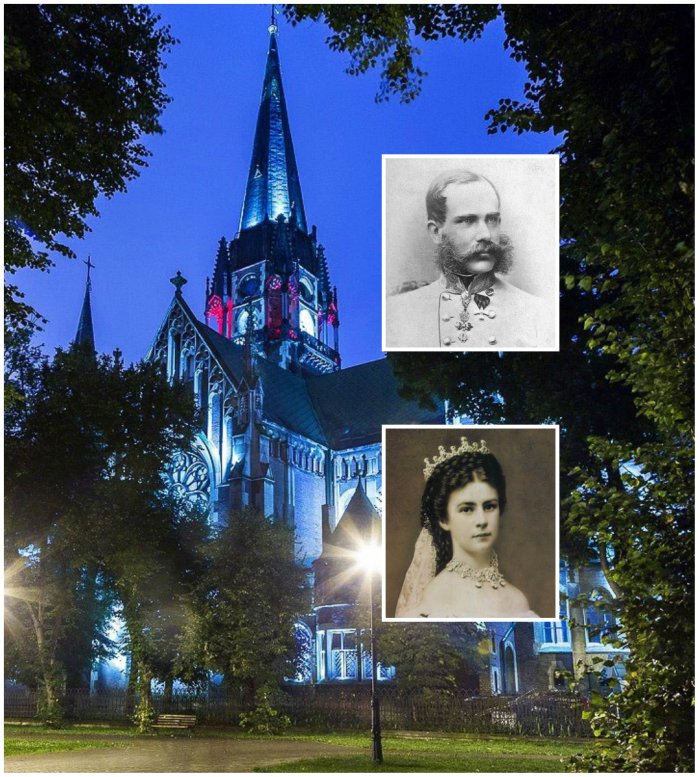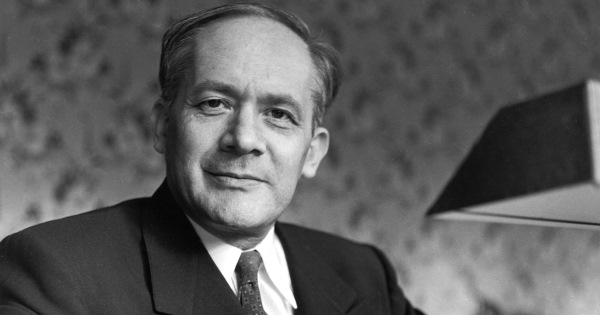Mykhailo Ramach
Truth is the first victim of any war. Opposing sides have always presented biased information. Propagandists were governed by the fact that during war the majority of people are unable to verify even what happens in another district of their city, let alone in another part of their country or outside. In our times, however, it is much more difficult to hide facts and fool people. However, the example of Russian propagandists proves that past methods are still very effective. Russians are monkeying the methods with which Milošević achieved great popularity and mass support from the citizens for the war in Croatia, and later in Bosnia and Herzegovina. The propagandists first claimed tirelessly that the Serbs in Croatia were in danger, as ultra-nationalists and chauvinists, the ideological successors of those who had been on the side of the Third Reich during World War II, had come to power. As there was no direct threat, the Belgrade media constantly reported on the sufferings of Croatian Serbs in the past and warned that Croatian extremists were planning a new Serbian genocide. Serbian propaganda spread hatred towards all things Croatian Besides political activists, the campaign included scientists, writers, actors, singers, priests, and former generals. They called for Croatian Serbs to band together in the face of impending violence, and assured that Serbia would do everything to protect them. At the same time, they tried to discredit current and former Croatian leaders. Historians claimed that Croatians had never had a state of their own, and had always been slaves to foreign empires in the past. Language experts claimed that Croatian was an artificial language or a western dialect of Serbian. There were those who called Croatians Catholicized Serbs. Famous Serbian journalist Dmitrie Boarov, former Journalism professor in Novi Sad, explains why Milošević’s propaganda was so effective. “To my mind, all nationally-tinted propaganda can be successful with nations that have not achieved their national goals. This was the key characteristic of Slobodan Milošević’s propaganda. All national propaganda in particular demonstrates concern for those compatriots that face a so-called threat. Thanks to this kind of propaganda, Milošević achieved great popularity at the beginning of the Yugoslav crisis,” notes Boarov. Propaganda influenced both Serbian citizens and Croatian Serbs. The majority did not ponder over silly claims and inadvertently accepted all the lies. Month after month, disrespect and hatred towards Croats and all things Croatian kept growing. Meanwhile political police and individual officers organized illegal Serb regiments and supplied them with weapons. The next step was the declaration of so-called Serbian autonomous oblasts and districts, later their unification into the so-called Republic of Serbian Krajina. Referendums of the separatists were a regular farce. Unlimited information manipulation by the aggressors In the spring of 1991, everything was ready for the first shots to be fired. And when they sounded, an unlimited field of informational manipulation was opened. Belgrade claimed that Serbia was not part of the war. According to Serbian outlets, the Croatian forces targeted the Serb civilian population. The television showed poor refugees daily, mostly women and children and the elderly, talking about the crimes of “Croatian fascists”… Readers and viewers of such reports sympathized with the victims and demanded that the government act against the enemy effectively. And how did they act? Serbian volunteer troops occupied villages and towns near Vukovar in the east of Croatia, around Knin and Karlovec in the central part of the country, and on the outskirts of Dubrovnik in the south; set houses, schools and churches on fire; and warned the Croats that they could not give them guarantees of safety. In other words, that they were to leave everything and go to territories under Croatian control. Sometimes they would force the people to sign documents stating they voluntarily rescinded their property. Starting summer of 1991 until spring of the following year, almost 10 percent of Croats were deported. One third of state territory ended up under the control of the illegitimate Serbian “republic.” Belgrade television and press usually did not report on the statements of Croatian government officials and institutions. Only information that would benefit Serbia was reported from the outside world. The state news agency “Tanjug” mostly reported and commented on the statements of foreign governments, the UN Security Council or the EU, twisting or softening their content. This resulted in the citizens receiving untrue information regarding the attitude of the global community to the Balkan wars. The Croats were called bandits, the horde, criminals, cutthroats in Serbia. According to the directives, mass media messages claimed that Serb troops never attacked first. They only defended themselves. Serbs never occupied but only liberated. Serbs did not conduct ethnic cleansing; they only encouraged those who voluntarily left their towns and villages. Numerous Serbs are enthralled by Putin Belgrade has always stood for fair peace, for talks, for Croatia’s right to independence. But independence without so-called Serb territory. Such propaganda was effective, as the majority of citizens did not have access to independent and reasonable information. There were no private TV channels at the time; several small independent newspapers did not influence the wider audience. Serbian-language BBC, VoA, Radio France International and Radio Liberty Free Europe starting 1994 were available to a small part of the population. It was a paradise for manipulation. In Bosnia and Herzegovina, the local Serbs and volunteers from Serbia used the same tactics as in Croatia: first they liquidated educators, medics, engineers and lawyers of other nationalities to instill fear in the “regular people.” In the towns of Banja Luka, Bijeljina and Trebinje, all mosques were destroyed. Serb leaders claims that life together with other nations was no longer possible and that the Serbs were able to execute their national rights only on ethnically clean territories. Such “logic” led to mass liquidations in northern Bosnia and the shooting of eight thousand people in Srebrenica – the biggest crime in Europe since World War II. Serbian journalist Dmitrie Boarov notes that there are certain parallels between Belgrade’s past propaganda and current propaganda in Moscow. He says: “I see many similarities in Putin’s propaganda, in how he expresses concern for Russians in Ukraine, with the same timely concern as Milošević had in regard to Serbs in Croatia and Bosnia. However, the problem with such propaganda is, and I am sure that it has already become a burden for Putin, that at first the leader creates nationalistic moods, and then these moods start limiting his room for political maneuver. Therefore instead of the leader commandeering politics and atmosphere, he is governed by the ardent nationalistic atmosphere he himself created. His field of action is limited; he resorts to individual measures which are in discord with the state, particularly economic, interests of the country.” Big changes have happened in the Serbian information environment in the past 20 years. The government is no longer an untouchable monopolist. Cable operators, together with Serbian channels, broadcast dozens of foreign channels, including CNN, BBC, Al Jazeera, Euronews, and Sky News. Despite this, it seems that a major part of Serbian viewers and readers believe the official Moscow news, above all the TV channels RT and Rossiya 24. And the information of the aforementioned sources is frequently the same as it had been in Belgrade: referendums, declarations of independence, the people wanting to accede to the country that defends them, foreign volunteers rescuing the poor citizens, the neighboring country not interfering, but just providing humanitarian assistance. It is difficult to say whether Serbians really believe what the Russians are saying. Some observers note that the Serbians are only enthralled by Putin because he is standing up against America and NATO, which bombed Serbia 15 years ago. As to the consequences of the Balkan wars – Croatia won back all the Serb-controlled territories, Bosnia and Herzegovina became an independent state without changing its borders; the formerly autonomous Kosovo gained independence. The aggressors suffered defeat in all cases.Source: Radio Liberty Translation by Mariya Shcherbinina Edited by Michael Garrood





